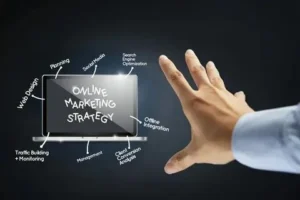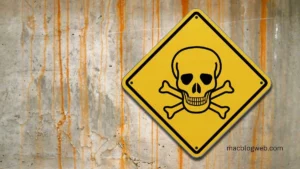Table of Contents
- Understanding the Importance of Your Medical License
- Common Threats to Your Medical License
- The Importance of Proper Documentation
- Seeking Legal Advice Early
- The Role of Continuing Education
- Building a Strong Peer Support Network
- Balancing Professional and Personal Wellness
- Staying Informed about Regulatory Changes
Understanding the Importance of Your Medical License
Your medical license is not just a piece of paper; it is the foundation of your career, and the trust patients place in your professional abilities. Without it, your ability to practice medicine is effectively nullified, stripping you of your capacity to perform in your chosen profession. Ensuring the safety of your medical license is integral to maintaining your livelihood and reputation in the healthcare field. Consulting a medical license attorney can provide expert guidance to protect your practice and avoid common pitfalls that may arise during your career.
Common Threats to Your Medical License
Identifying common threats, such as malpractice claims, substance abuse, and administrative errors, is crucial for maintaining your license. Many professionals have faced challenges due to overlooked details or misconceptions about regulations. Malpractice claims, often stemming from patient dissatisfaction or treatment complications, can pose significant threats. Substance abuse issues, if left unaddressed, can also lead to severe professional consequences. Furthermore, simple administrative errors, such as incomplete or incorrect paperwork filing, can result in licensure problems. Understanding these risks and navigating them can save your career from jeopardy.
The Importance of Proper Documentation
Proper documentation is essential for every medical professional. This means keeping detailed, accurate, and timely records of patient interactions, treatments, and incidents. Inaccuracies or negligence in documentation can lead to severe consequences, including legal actions and the loss of a license. According to an article on proper medical documentation, meticulous record-keeping is vital in safeguarding your medical practice. Well-maintained records can protect you during audits, investigations, or legal disputes, providing clear evidence of care.
Seeking Legal Advice Early
Early legal advice can be highly beneficial when facing a potential threat to your medical license. Consulting a lawyer specializing in medical license defense can guide you to navigate complex legal landscapes unique to the medical profession. Early intervention can mean the difference between a resolved issue and a prolonged legal battle that puts your license at more significant risk. Legal professionals can help you navigate the intricacies of medical regulations, employer standards, and board prerequisites. They can also work with you to develop a personalized defense plan specific to your circumstances.
The Role of Continuing Education
Continued education ensures that medical professionals stay updated on the latest practices, treatments, and regulatory changes. It may also be essential in lowering the possibility of malpractice lawsuits and other difficulties in the workplace. Certifications and courses represent a proactive approach to safeguarding your license. Demonstrating a commitment to ongoing education shows regulatory boards and patients that you are dedicated to providing the highest standards of care. Several medical associations emphasize the importance of continuing medical education, highlighting it as a critical factor in personal and professional development. Engaging in lifelong learning is a professional requirement and a path to improving patient outcomes.
Building a Strong Peer Support Network
A robust network of peers can offer moral support, advice, and practical assistance in times of professional difficulty. Engaging with professional communities can provide insights and updates relevant to your field. Collaboration and communication with colleagues can lead to shared learning experiences and better patient care strategies. Maintaining up-to-date knowledge of current trends and regulatory developments can be facilitated by networking within professional associations and attending industry conferences. Building strong relationships with peers means having a group of colleagues who can vouch for your competencies and provide character references if needed.
Balancing Professional and Personal Wellness
It’s critical to strike a balance between your personal and professional obligations. Stress and burnout can lead to mistakes or poor judgment, jeopardizing your medical license. Regular self-care, professional counseling, and maintaining a healthy work-life balance are essential strategies to prevent burnout and its negative consequences. Taking time to rest, exercise, and engage in hobbies outside of work can significantly impact your overall well-being and ability to deliver high-quality care. Ensuring downtime helps maintain mental and physical health, fostering a more sustainable career.
Staying Informed about Regulatory Changes
The medical field is ever-evolving, with new laws and regulations coming into effect regularly. Staying updated on these trends can assist you in following the rules and predicting potential problems. Regularly attending seminars, subscribing to medical journals, and participating in professional forums can be valuable ways to stay updated on regulatory changes. Being proactive about these adjustments can prevent non-compliance issues before they arise. Informed practice management ensures you adapt to new legal requirements smoothly and continue providing safe and effective patient care.








